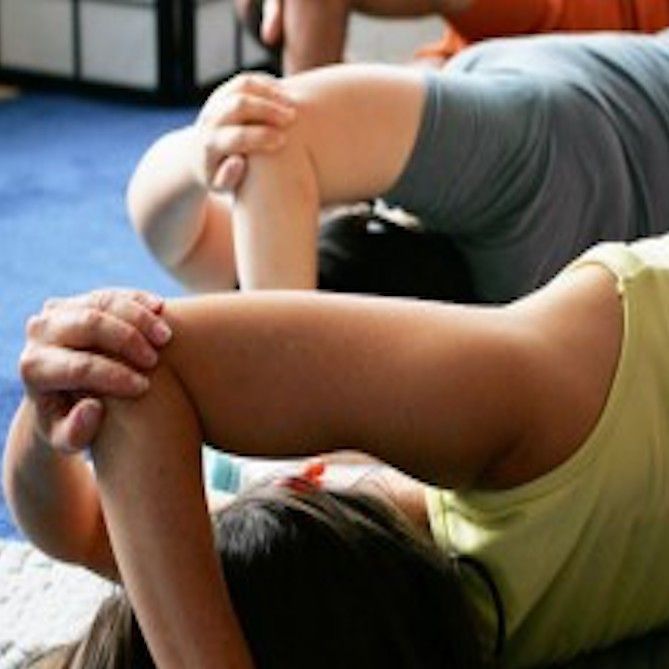
The Tools of Embodied Music® – the Feldenkrais Method for Musicians (Part 1)
Aliza Stewart
Before discussing what the Feldenkrais Method is and how it can help you make better music without injuring yourself, let me start by asking a few questions.
Have you ever observed how very young children respond to music – with rhythmic movement, with sounds, with all sorts of other movements? Do you remember how you felt as a child, when you wanted to make music? Do you ever feel something akin to ecstasy when you hear a piece of a performance you really love? Is the sense of ecstasy only a thought or is it a feeling also in your body? Where in yourself do you feel it? Do you feel the rhythm? Can you feel that sometimes music makes you feel light and sometimes heavy, sometimes it is a swaying feeling and sometimes you want to jump? Sometimes tall and wide when the sound fills up the universe and sometimes all stops and there is just a minimal movement, like very quiet waters?
Do you realize that all these states have to do with your body, with different muscular states and a different organization of the skeleton? That your muscles feel different when you feel speed, and different when you feel swaying? What would you think if I told you that the feeling in your body of a particular phrase will create just the right muscle tone needed to play the phrase – not more and not less? Would you consider the thought that ignoring the physical feeling of music might contribute to injury and frustration?
Why do many of us lose that embodied feeling of music we had when we were children? Is it possible to keep the ecstasy of music alive through the whole process of acquiring the techniques to express it? And not only to keep it alive, but use it to find the right movements to express it? I constantly hear from students, after our lesson, variations on this phrase: “Wow, I remember now why I wanted to do it in the first place. I forgot!” The spontaneity and unity of hearing, doing and listening, is suddenly available again and the music is a pleasure to make, even when it needs improvement. Quiet, simple breathing resumes and the sense of the body’s weight returns. It is a moment of relief even to very accomplished players.
When one remembers this natural feeling of music and realizes how much of it is dormant, the next question is how to reclaim it.
The Feldenkrais method provides tools which use the language of movement to do just this. Dr. Feldenkrais created thousands of movement lessons which address every movement needed to live and to play. As a result, injuries are prevented and alleviated and one discovers new options of sounds which in turns enrich the musical imagination.
After many years of working with musicians and realizing how little information and help they get from their own body, I developed a way, which I call “Embodied Music”, to apply the Feldenkrais Method to musicians.
I use four formats in teaching:
1. Group movement lessons
2. Private sessions where I work with my hands, addressing specific problems of a student, sometimes with and sometimes without the instrument.
3. Master Classes
4. Workshops, combining all formats.
In the next installment, I will explain the tools and the theory used to help you express your music without hurting yourself. In the last installment I will direct you through a series of movements so you can experience the efficacy of this Method.
Subjects: Playing Healthy
